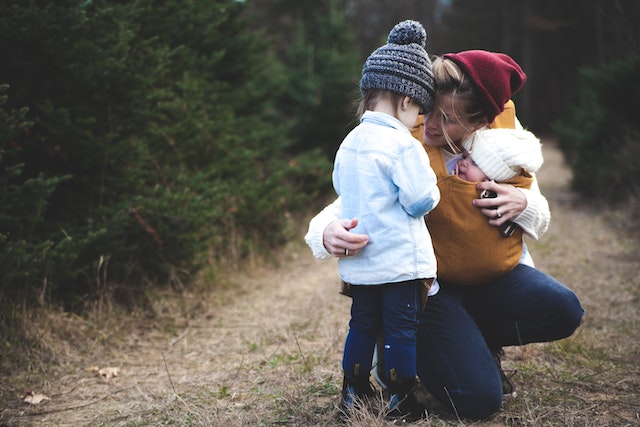Teaching kids responsibility and building their self-esteem are two critical skills that will help them succeed in life.
Responsibility is the ability to take ownership of one’s actions, while self-esteem is the confidence in one’s abilities and worth.
As a parent or caregiver, it’s important to instill these skills in children from a young age.
Here are some tips for teaching kids responsibility and building their self-esteem:
Teaching Responsibility:
Assign age-appropriate tasks:
Give your child age-appropriate tasks to complete, such as setting the table or folding laundry.
This will teach them the importance of contributing to the household and completing tasks independently.
Set expectations:
Clearly communicate your expectations for your child’s behavior, such as cleaning up after themselves or completing homework before playtime.
Consistency is key to developing responsibility.
Model responsibility:
Lead by example and show your child what it means to be responsible.
Take ownership of your own mistakes and follow through on your commitments.
Allow natural consequences:
Let your child experience the natural consequences of their actions.
For example, if they forget their homework, they may receive a lower grade.
This will help them learn to take responsibility for their choices.
Provide positive feedback:
Praise your child when they complete tasks or make responsible choices. Positive reinforcement will encourage them to continue taking ownership of their actions.
Building Self-Esteem:
Encourage positive self-talk:
Teach your child to speak positively about themselves and their abilities.
Encourage them to replace negative self-talk with positive affirmations.
Provide opportunities for success:
Give your child opportunities to succeed, such as signing up for a sports team or joining a club. Success breeds confidence.
Focus on effort, not just outcomes:
Emphasize the effort your child puts into their tasks, rather than just the outcome.
This will encourage them to continue trying, even if they don’t always succeed.
Model self-esteem:
Show your child what it means to have confidence in yourself.
Celebrate your own accomplishments and practice self-care.
Provide unconditional love and support:
Let your child know that you love and support them unconditionally, regardless of their successes or failures.
This will give them the confidence to take risks and try new things.
In conclusion,
Teaching kids responsibility and building their self-esteem are two essential skills that will help them succeed in life.
By assigning age-appropriate tasks, setting expectations, modeling responsibility, allowing natural consequences, and providing positive feedback, you can teach your child responsibility.
By encouraging positive self-talk, providing opportunities for success, focusing on effort, modeling self-esteem, and providing unconditional love and support, you can build your child’s self-esteem.
With these skills, your child will be well-prepared to navigate the challenges of life and succeed in whatever they choose to do.
![]()











